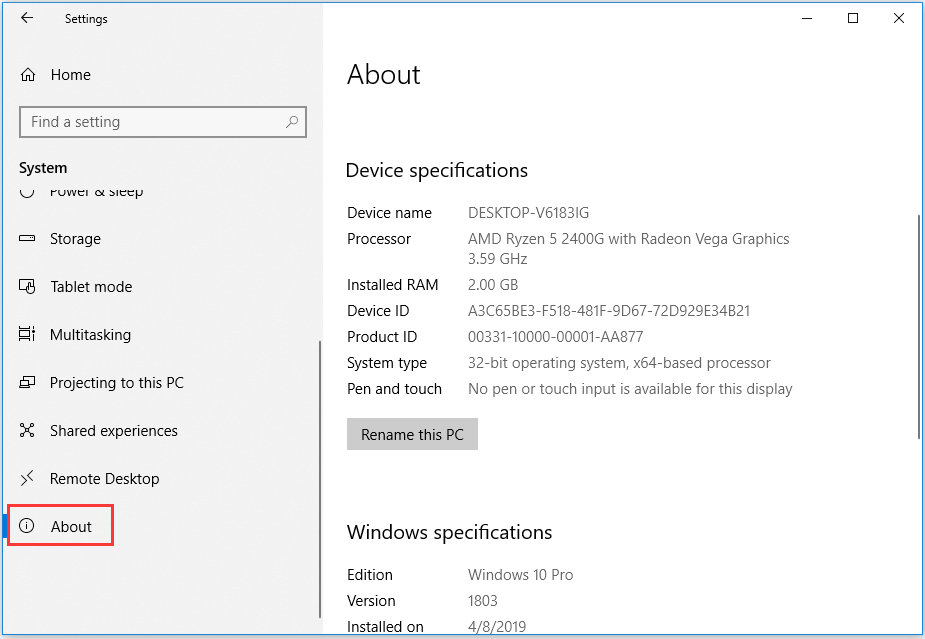

Many PC manufacturers offer laptops and desktops with Linux preinstalled. You don’t need to dig through hardware compatibility databases to buy a PC you know will be compatible with Linux anymore. Just buy a PC designed for Linuxīut let’s back up. Want to stay up to date on Linux, BSD, Chrome OS, and the rest of the World Beyond Windows? Bookmark the World Beyond Windows column page or follow our RSS feed. A simple web search can often pull up a wealth of information. You could also just perform a web search for a model number of laptop-or a specific hardware component, if you’re building your own PC-and “Linux support” to see how well it works on Linux. For example, many Linux distributions provide their own hardware compatibility database websites, including openSUSE, Debian, and Linux Mint. Linux-Drivers lists a wider variety of individual databases. These aren’t exhaustive lists-in fact, they’re very minimal lists of only hardware manufacturers have gone out of their way to certify.Ī simple Google search like “GeForce GTX 980 Ti Linux support” can often let you know if specific PC components work with Linux. If you’re looking for a list of individual components instead of full laptop and desktop PCs, try the Ubuntu component catalog. Canonical provides a Ubuntu desktop certified hardware database that lists hardware guaranteed to work with Ubuntu, for example. Much of this is in dedicated hardware compatibility databases. There’s a lot of information out there about whether specific computers are compatible with Linux.
#How to check your os on windows install#
If Wi-Fi doesn’t work automatically, it may do so after you install Linux on your PC and install the appropriate Wi-Fi support. If you don’t have 3D graphics support, that’s normal.
#How to check your os on windows drivers#
Closed-source graphics and Wi-Fi drivers may sometimes be necessary, and may not be running out of the box.


 0 kommentar(er)
0 kommentar(er)
